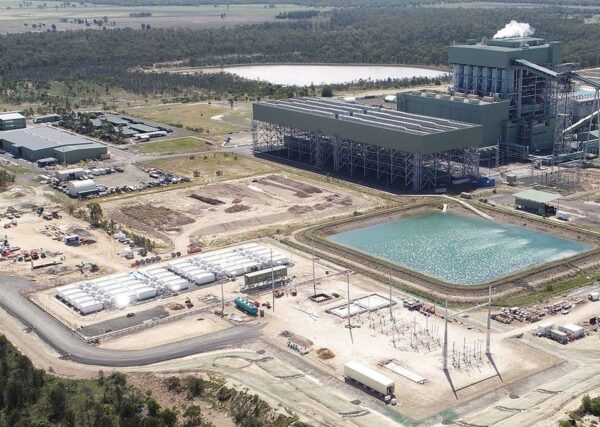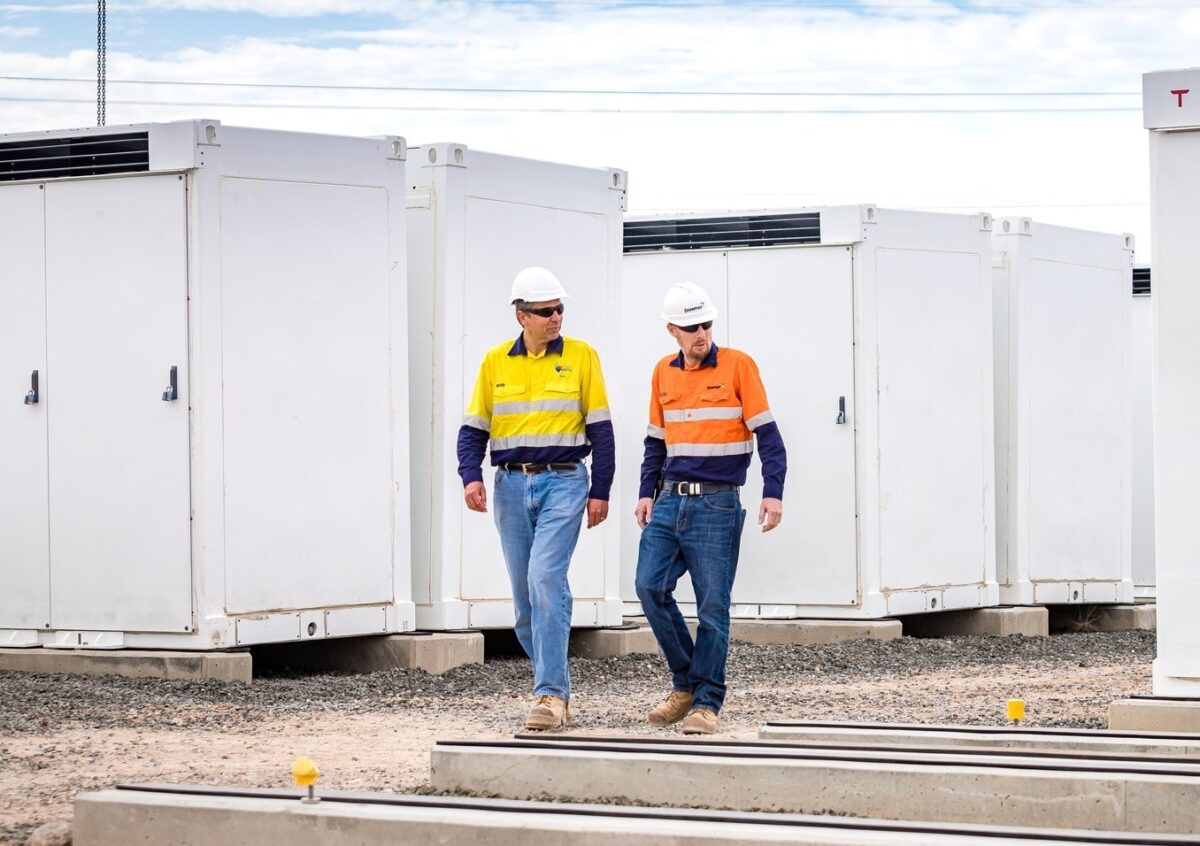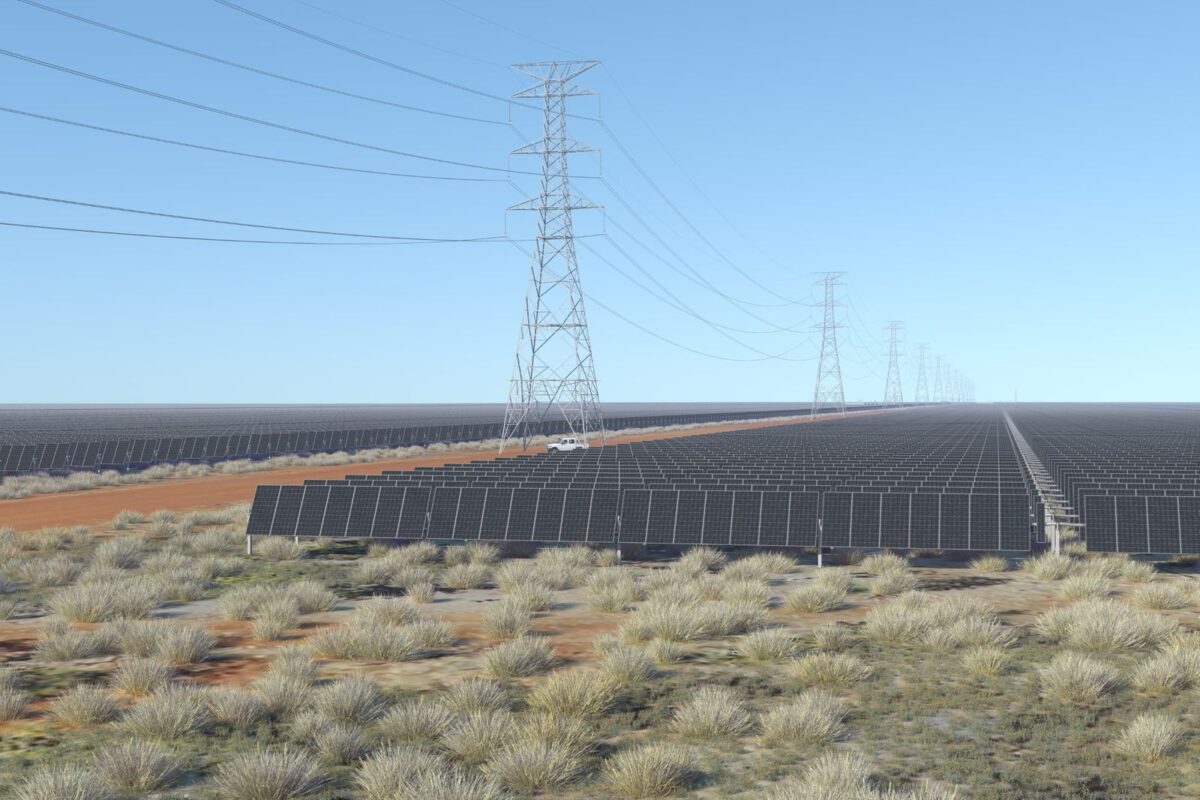Queensland government-owned utility CS Energy said testing and commissioning of the $150 million (USD 100 million) Chinchilla Battery Project will be carried out later this year with the two-hour energy storage system, featuring technology provided by US-headquartered clean energy giant Tesla, expected to be operational by late 2023.
CS Energy said when complete the battery, being built beside the existing 750 MW coal-fired Kogan Creek Power Station near Chinchilla, will better facilitate the use of renewable energy in Queensland and strengthen the electricity grid during peak demand periods.
CS Energy Acting Chief Executive Officer Andrew Varvari said the battery is part of the company’s strategy to build a more diverse portfolio to meet customers’ requirements and support Queensland’s future energy needs.
“Batteries are fast and flexible, with the ability to ramp up and down quickly to support the stability of the power and reduce wholesale price volatility,” he said.
“When operational, the Chinchilla Battery will charge during the day when there is often a surplus of solar energy and then release it back into the grid when it is needed the most.”
The Chinchilla battery, which will connect to the grid via network operator Powerlink’s existing 275 kV Western Downs substation, is the foundation project in a clean energy hub CS Energy is creating at the Kogan Creek site.

Image: CS Energy
The hub will also include the Kogan Renewable Hydrogen Demonstration Plant which is to feature a circa 1 MW hydrogen electrolyser powered by a co-located 2 MW solar farm. The project will also include a hydrogen fuel cell of up to 30 kW, on-site hydrogen storage and out-loading facility.
The solar-powered hydrogen facility, which is set to produce approximately 75 tonnes of green hydrogen annually, is expected to be operating before the end of 2023.
Queensland Energy Minister Mick de Brenni said construction of the hydrogen plant is expected to begin soon with the clean energy hub being delivered as part of the state government’s $62 billion clean energy plan that aims to deliver 70% renewable energy by 2032 and 80% by 2035.
“These clean energy hubs are a key element of the Queensland Energy and Jobs Plan, diversifying the generation technology at our publicly owned coal-fired sites and enabling local communities and workers to be partners in the energy transformation,” he said.
This content is protected by copyright and may not be reused. If you want to cooperate with us and would like to reuse some of our content, please contact: editors@pv-magazine.com.









By submitting this form you agree to pv magazine using your data for the purposes of publishing your comment.
Your personal data will only be disclosed or otherwise transmitted to third parties for the purposes of spam filtering or if this is necessary for technical maintenance of the website. Any other transfer to third parties will not take place unless this is justified on the basis of applicable data protection regulations or if pv magazine is legally obliged to do so.
You may revoke this consent at any time with effect for the future, in which case your personal data will be deleted immediately. Otherwise, your data will be deleted if pv magazine has processed your request or the purpose of data storage is fulfilled.
Further information on data privacy can be found in our Data Protection Policy.